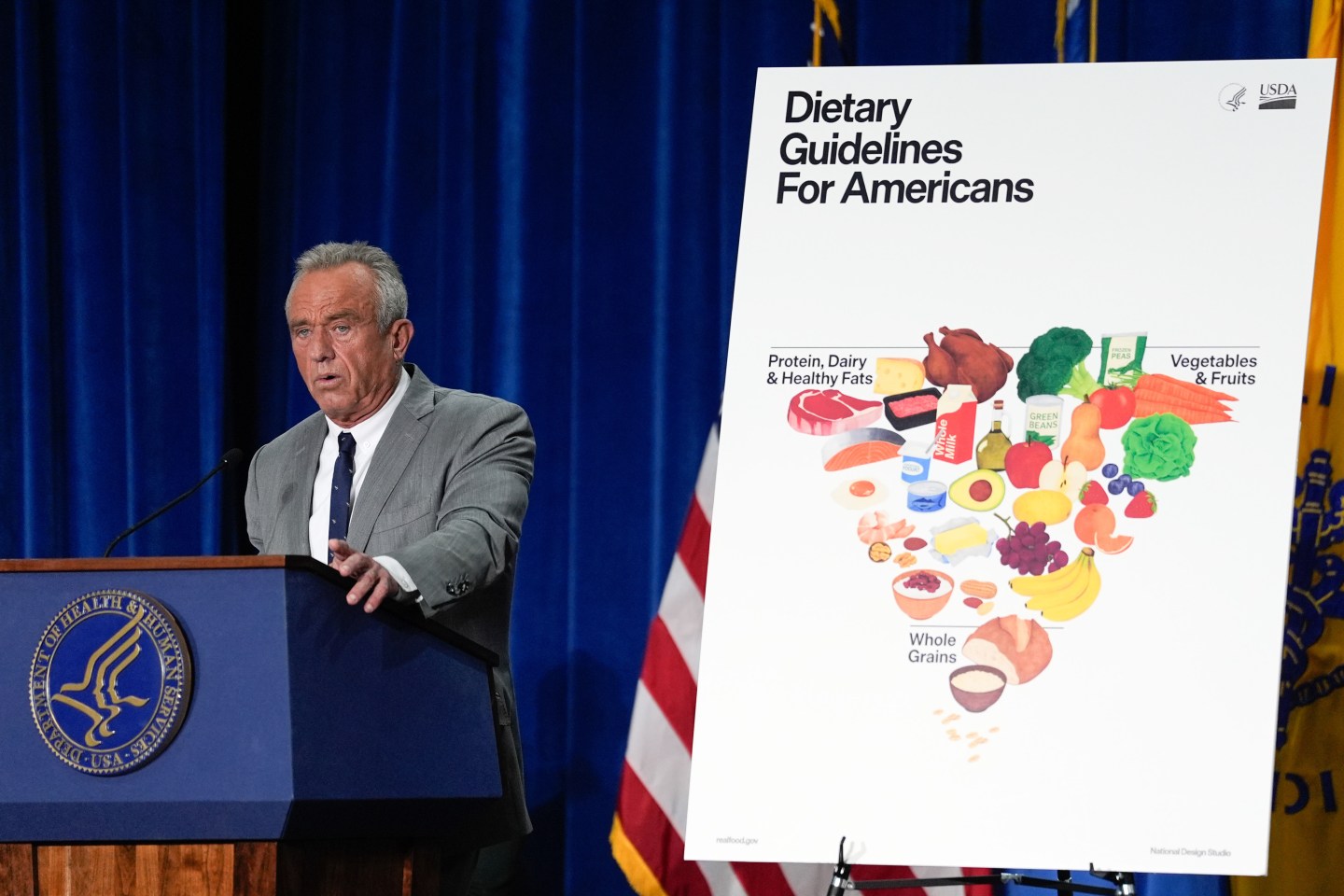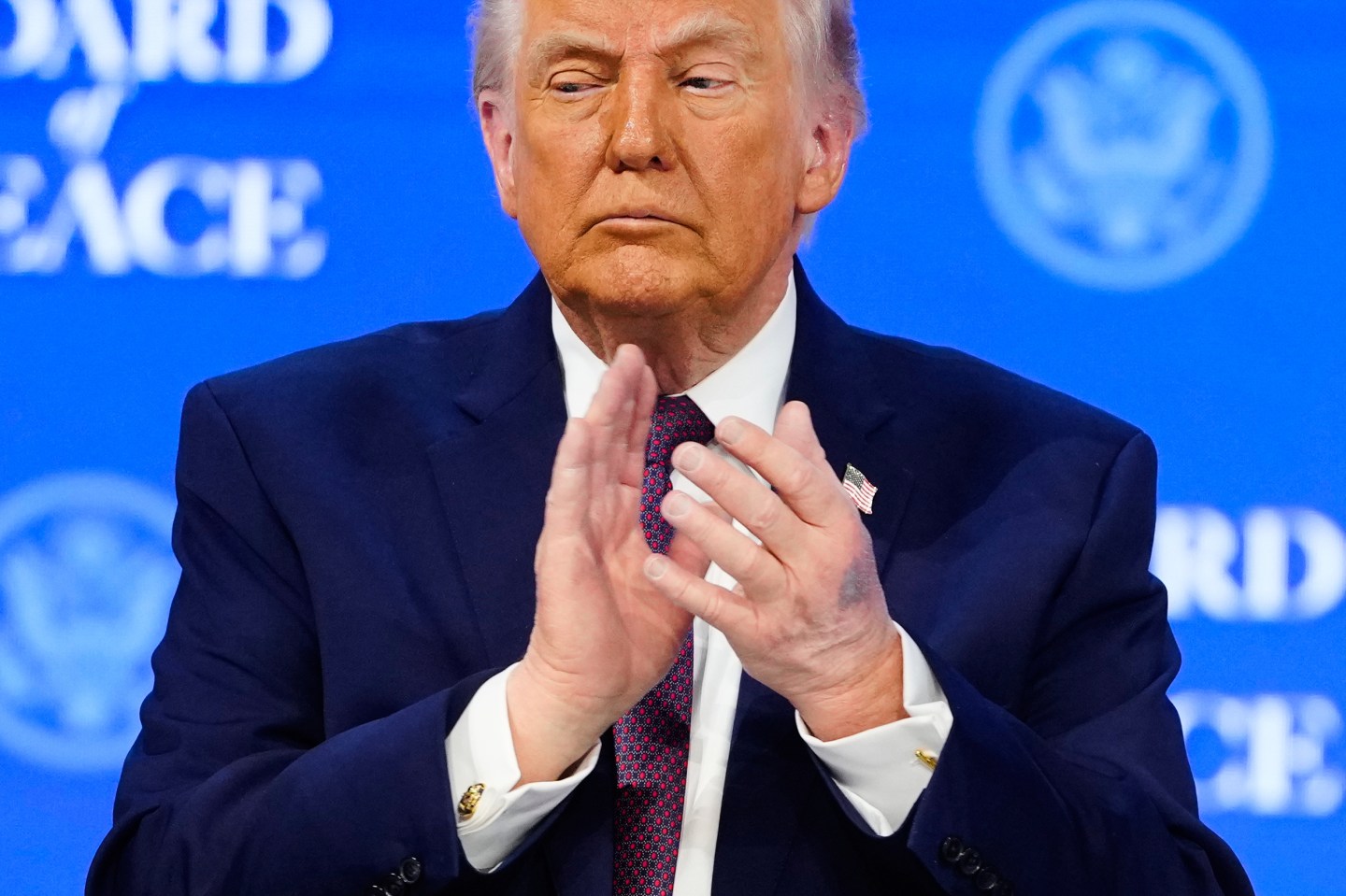The “most hated man in America” just got a taste of the U.S. justice system.
Martin Shkreli, unaffectionately known as the “pharma bro”—and infamous for his decision to hike the list price of Daraprim, a drug used by HIV/AIDS and cancer patients to combat infections, by more than 5,000% in 2015 under his former company Turing Pharmaceuticals—was convicted on three criminal securities fraud and conspiracy charges by a Brooklyn jury on Friday. He had been indicted on eight wire and securities fraud counts by federal prosecutors and could face years in prison after sentencing.
The trial took more than a month and jury deliberations stretched out over the course of this week. Strikingly, for all the media attention on the case (propagated by Shkreli’s troll-y Twitter antics and relish for stirring the pot), the trial verdict had nothing to do with the drug price hike that thrust him into the national limelight. That was entirely legal—rather, the charges against Shkreli centered on him allegedly bilking his other former drug company Retrophin to repay defrauded investors of separate hedge funds that he also ran. (Shkreli was acquitted on some of the more serious wire fraud charges levied against him.) But the tactics that made him a household name underscore some of pharma’s most controversial pricing and business practices.
Shkreli’s basic modus operandi in the biopharma sphere was to take niche drugs in treatment spaces where U.S. patients have few options (although those medicines may very well have been approved and available in other countries) and bring them to market, after which he’d maintain carte blanche on the products’ prices. That means minimal clinical trial expenditures and big returns in a cornered space.
Click here to subscribe to Brainstorm Health Daily, our brand new newsletter about health innovations.
Shkreli has accurately pointed out on numerous occasions that patients don’t actually have to pay the full list prices he sets, especially after financial assistance programs and rebates; however, the costs do get relayed on to other players in the health care industry, such as benefits managers and insurance companies. That can have downstream effects on what consumers have to pay.
Another controversial element of Shkreli’s business model involves the Food and Drug Administration’s (FDA) “priority review” program. This is meant to encourage development of rare disease drugs and treatments for unmet medical needs. But the initiative comes with another huge financial prize for firms that successfully win FDA approval for these niche therapies: a priority review voucher that can be used to slash the regulatory period for a different experimental specialty treatment being developed by a drug maker or, more often, sold for potentially hundreds of millions of dollars to another pharma company. Critics say the program’s structure may undermine its purpose and reduce it to a cash-grab for firms trying to make a quick buck.
None of these pricing and business practices are unique to Shkreli, who has run relatively minor organizations in the drug making world. As he himself noted in a website attacking big pharma and biotech companies (as well as the industries’ trade organization) earlier this year, price hikes are pretty much business as usual among biopharma outfits both big and small. For instance, earlier this year, a company called Marathon Pharmaceuticals was castigated for taking a common, cheap steroid available in dozens of other nations and pricing it at $89,000 in the U.S. in order to treat the symptoms of a rare disorder called Duchenne muscular dystrophy. (Marathon eventually abandoned its quest and sold the drug to another firm.)
Shkreli’s antagonism and bombast has made him an easy target for scorn. But he’s not really an outlier.












